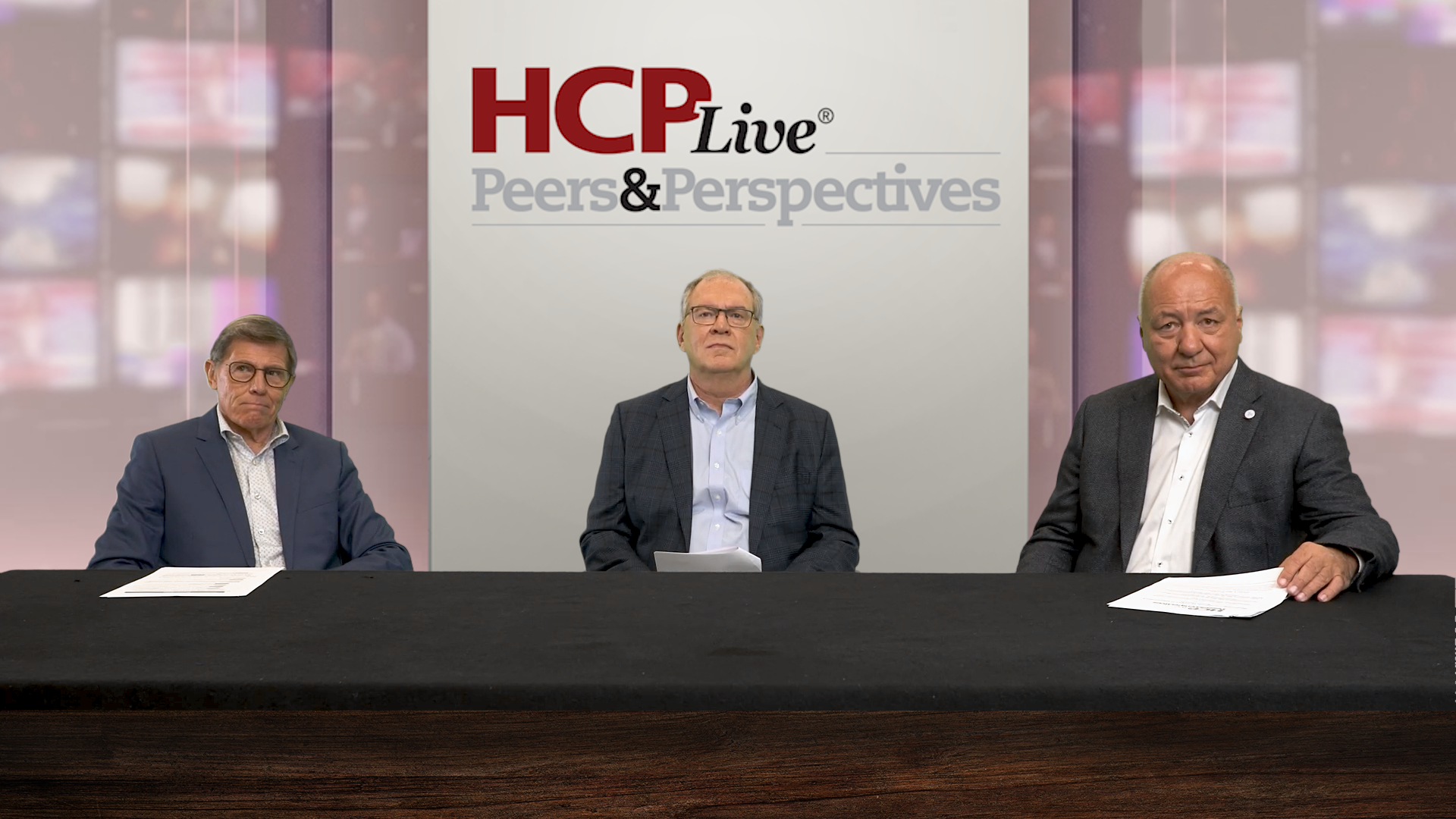The Peers & Perspectives series has introduced a vital episode focused on optimizing therapeutic strategies for patients suffering from Inflammatory Bowel Disease (IBD). The discussion centers on redefining what constitutes remission in IBD, moving beyond traditional endpoints like symptom relief to include more objective measures such as endoscopic and histologic healing. This shift aims to provide a comprehensive view of treatment effectiveness, significantly enhancing patient outcomes.
Advancing the Understanding of Remission
The episode emphasizes that achieving deeper healing not only correlates with sustained remission but also significantly improves the quality of life for patients. However, the implementation of these advanced endpoints poses practical challenges in clinical settings. Clinicians must navigate the complexities of balancing diagnostic precision with the availability of resources and ensuring patient accessibility to comprehensive care.
As the conversation evolves, it highlights the potential of early intervention strategies to alter the course of the disease. Recent research indicates that starting advanced therapy earlier can lead to markedly better short- and long-term outcomes. The importance of identifying high-risk patients before they experience severe symptoms is underscored, alongside the necessity of tailoring treatment based on individual disease phenotype, risk profile, and treatment objectives.
Navigating Treatment Options
Comparative analyses of established and emerging therapeutic agents are discussed, including biologics, JAK inhibitors, S1P receptor modulators, and IL-23 inhibitors. This information is crucial for clinicians as they adapt to rapidly evolving treatment algorithms. As new medications enter the market, understanding their mechanism of action and potential benefits will empower healthcare providers to make informed decisions for their patients.
Looking towards the future, the episode explores the role of predictive medicine in IBD management. The integration of novel biomarkers, genetic insights, and multi-omics data is expected to revolutionize how clinicians diagnose, stratify, and monitor patients. These advancements promise a more personalized, preventative, and data-driven approach to patient care.
The discussion concludes with a call for continued innovation in clinical research priorities. Emphasis is placed on the development of new treatment endpoints, combination therapy trials, and patient-centered outcome measures, all of which are essential for defining the next generation of IBD care.
By addressing these critical areas, the Peers & Perspectives series aims to foster a deeper understanding of IBD management, ultimately leading to enhanced patient care and improved health outcomes for those living with this challenging condition.








































































